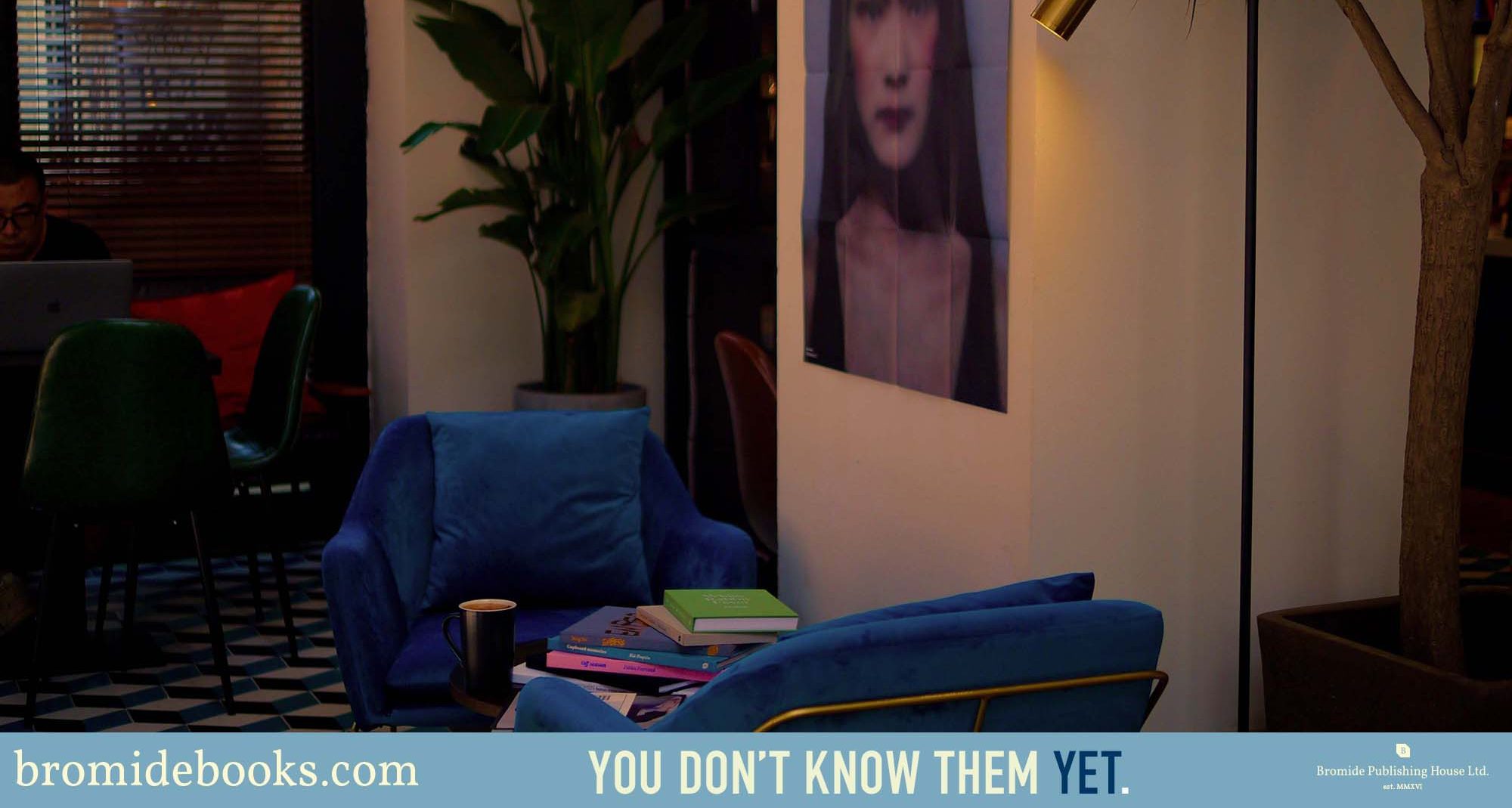A post about how to have a review session going smoothly, for people intending to face fear of criticism by joining a review event.
Do you think you don’t need a review? Think twice.

If you think you can be your own critic, you’re wrong.
Whatever the review is about (dummy, serie, portfolio, personal project…), a review correctly done will help you to stand out and make your presentation stronger each time, and may help you to understand the point of view of your future audience.
So, you’ve decided to go on review session…
Getting in a review is always a good choice, whatever you’re old or young, expert or beginner. Unfortunately, even experts make some mistakes. Here are few advices i’d like to share, to help everybody having a pleasant review session.
Here are my five best tips :
1-Be prepared
Seriously, be prepared. Don’t come with a bunch of works unorganised.
Don’t spend your time looking for that or that picture when you’re on review. If you look lost during the review, you gonna give a bad impression to the reviewer. Wasting his time, wasting your time. Some review admissions are charged and limited in time, don’t waste time and money.

2-Be prepared, …again
Be prepared mentally, much more if it’s your first portfolio review. Some reviewers are tough and harsh. They’re not obviously bad or wrong but just want to push you. Take the criticisms as they are, learn and be aware of how to make your work raise. I know how hard it is to receive bad comments from a stranger about a work you’re emotionally linked with.
I know, i know, easy saying. Yes, some reviewers are assholes, yes, some reviewers are frustrated photographers who don’t get the artist career they wished, frustrated teachers who don’t have your talents. You’ve got to choose the right audience, sometimes, -often- they’re right. Sometimes, -often- they know a lot more than you do.
Don’t take everything for granted, there’s always a part of personal opinion that could differ from one to other.
3-Have an introduction ready
When you’re arriving to your review, it’s better to have a short introduction; what’s your name, what’s your background, a LITTLE resume, what you gonna present (serie, topic, statement…)
Don’t be too long. Don’t spread your full resume, don’t share all your bio and bibliography.
Just education (if related to art or photography), milestones, and maybe some awards -if any- should be well received. The plus : a paper copy on a A4/Letter size if the reviewer is interested (don’t push him to keep it) containing a short bio, statement, and the basic informations to reach you without filters. (don’t give your mum’s house number if you have a cellphone, don’t give a physical address if you’re always on trip around the world, … be logical)

4-Show prints
It could sounds obvious for some of you. Get me right: laptop, iPad or any other electronic device are not welcome. It makes you more legit to show prints. Reviewers can see you more seriously if they recognise that you have invested time and effort. The manipulation of real pictures could seems more easy and looks quicker for a lot of professionals. Zoom-in, zoom out, frame with hands, compare, share with a person nearby for an opinion are some of the things that reviewers are pleased with. Actual prints are really mandatory.
5-Talk
Some of you may think the job is a review not an interview and will just expect a feedback like cash at the ATM. Nope! It doesn’t work like that. In your work, you have always doubts or problems you’d like to solve, edit, sequence, technic, shooting skills… you can ask.
When the reviewer make comments, interact. If you don’t agree, don’t argue, suggest. Never tell a reviewer he’s wrong, he may have a different opinion. Educate him gently about something he may have missed. Keep a good communication flow, it’s not everyday you have the chance to share with professionals, and maybe you’ll keep in touch then after. Be curious, if you don’t understand a comment don’t be afraid to ask for explanations.
And a last one : be yourself! It will make you more comfortable if you don’t overact and will help your reviewer to get the right behaviour with you.

Ready? GO!
